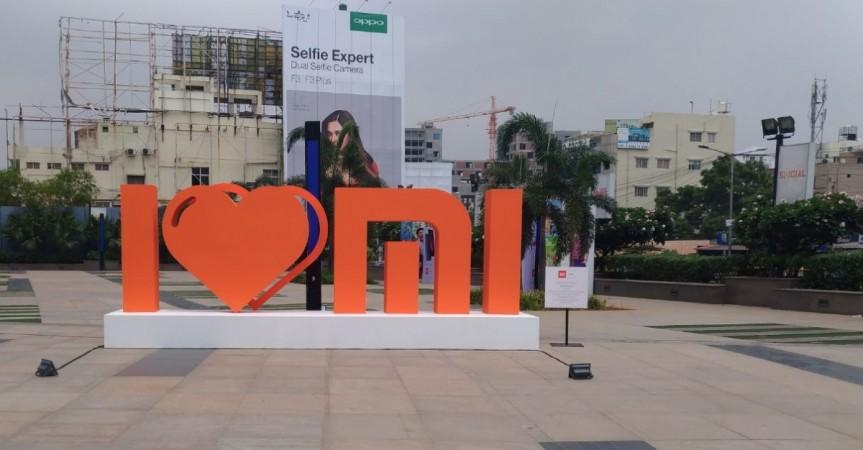
After making remarkable strides in the world's top two smartphone markets — China and India, Xiaomi has set its eyes on the third biggest mobile business arena, the US. And if things go as planned, it might happen by the end of 2018.
"We've always been considering entering the US market, We plan to start entering the market by end 2018, or by early 2019," The Wall Street Journal quoted Xiaomi chairman Lei Jun, as saying at China's annual legislative session in Beijing.
Will Xiaomi find same India-like success in the US?
Though Xiaomi already sells connected home entertainment accessories like Android-powered set-top box Mi Box, headphones, camera, Mi Home Security camera, Mi power banks, Mi Bluetooth speakers, Mi electric scooters and Mi Robot builder (toy) in the US, the mobile business will be quite a big challenge and particularly its Chinese origin will make it difficult for Xiaomi to forge partnership with local telecom carriers.
Even its Chinese peer Huawei, despite being the world's second-biggest smartphone maker, failed to convince AT&T to partner in selling its flagship Mate 10 Pro, as the lawmakers were against such alliance fearing cyber espionage from the Chinese government.
Even the Federal Bureau of Investigation (FBI), Central Investigation Agency (CIA) and National Security Agency (NSA) expressed security concerns regarding links with Huawei and ZTE. After the warnings, things look quite gloomy for Chinese companies and there won't be any smooth sailing for Xiaomi either.
In India, Xiaomi had faced similar challenges in its early stages as the Indian Air Force had notified soldiers against using Xiaomi-branded Mi and Redmi series smartphones as the company's data servers were located in China. To allay the fears, Xiaomi shifted its all the data servers to India. Now, Xiaomi is the number one smartphone seller in India for two straight quarters. It has also set eyes on smart TV business and in all likelihood, will disrupt the television market with cost-effective Mi TV series.
If Xiaomi finds a way to convince the US lawmakers and security agencies by being transparent about operations and start-off with a good note by setting up local data centers, the company might create good vibes among the US consumers.















